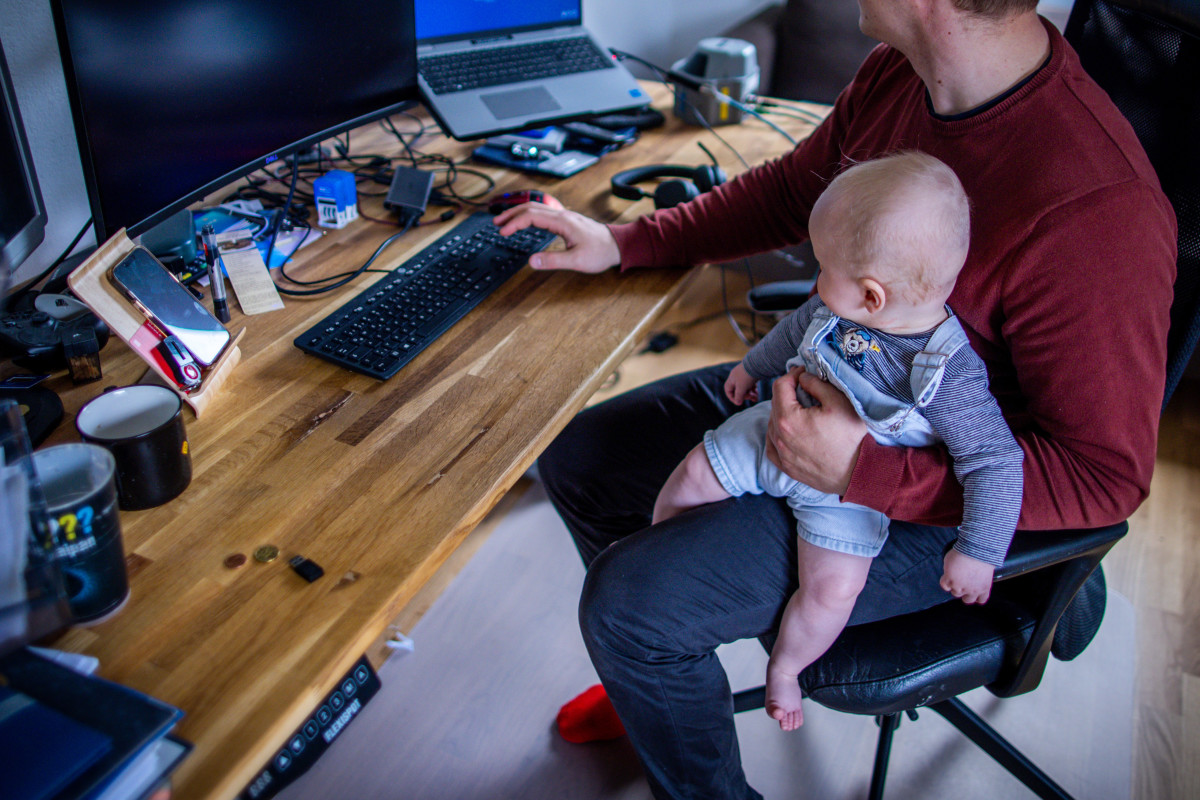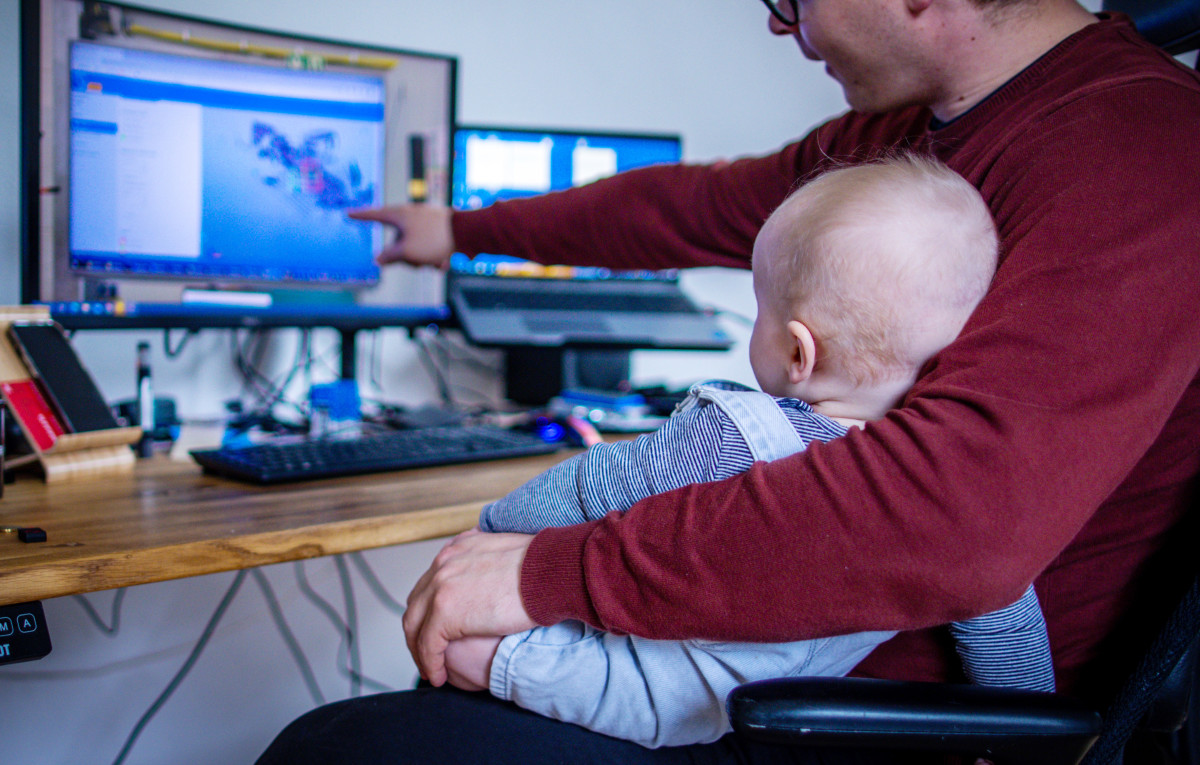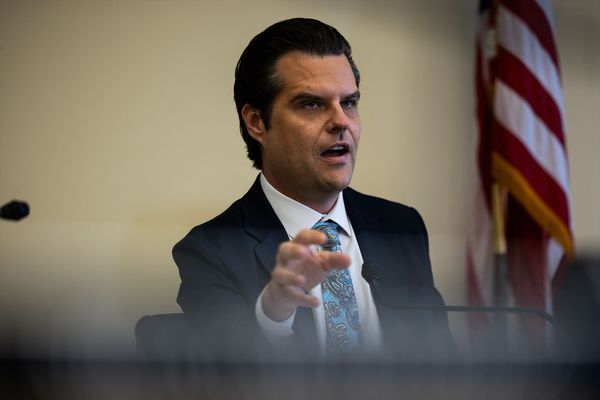
For many who work in jobs that are traditionally in an office setting, the ability to work from home at least a few times a week is a godsend for those with other responsibilities at home, people with long or complicated commutes, as well as workers who feel unproductive in an office setting.
Though the benefits seem cool now, those at the very top have some differing opinions.
Related: Industry expert has some troubling news for automakers amidst the UAW strike
Big Four accounting firm KPMG released its latest 2023 CEO Outlook, a survey conducted with over 1,325 CEOs of companies of over $500 million. Among other perspectives in metrics such as confidence in company growth, artificial intelligence and ESG, the bigwigs have a lot to say when it comes having their employees return to the office.
According to their data, 64% of CEOs of large companies plan to get back to pre-pandemic office routines within the next three years and that 87% of large company CEOs are willing to use monetary rewards and promotional opportunities for in-office attendance to achieve said goals.

This traditional office-centric attitude among the CEOs surveyed undermines the views shared by their employees. KPMG noted in their report that the results come at a time where hybrid work has been largely adopted, in “which has had a largely positive impact on productivity over the past three years and has strong employee support, particularly among the younger generation of workers.”
In addition, a recent survey by Boston Consulting Group (BCG) of 1,500 global office-based workers showed that 90% of them consider flexible working options when searching for a job, and that those presently working in a work model they don’t like are more than 2.5 times more likely to consider leaving their companies than those who like their work model.
More Labor
- Salesforce CEO takes another bold stand on remote work
- Remote worker backlash leads company to reach deal with employees
- Amazon issues a hard-nosed warning to workers
A separate report by boutique future-of-work consultancy Disaster Avoidance Experts CEO Gleb Tsipursky, Ph.D for Fortune concludes that this idea is not only outdated, but instead promotes the idea known as presenteeism, where the perceived value of an employee is based off their presence than their output; which can be detrimental to actual results.
“When the cornerstone of recognition and reward pivots around the hours spent within the office walls, the focus shifts from what truly matters: the quality of work, the creativity infused, the problems solved, and the value added to the organization,” said Tsipursky.
Additionally, he noted that companies would end up paying down the line. if they do not adapt to the conditions presently brought to the forefront.
“In the long run, the companies that insist on a rigid in-office routine are poised to face a talent drain, being left with a graying, high-cost talent pool. Rigidity stifles innovation, curtails engagement, and ultimately, renders such organizations less appealing in the competitive talent marketplace.”
Get exclusive access to portfolio managers and their proven investing strategies with Real Money Pro. Get started now.







